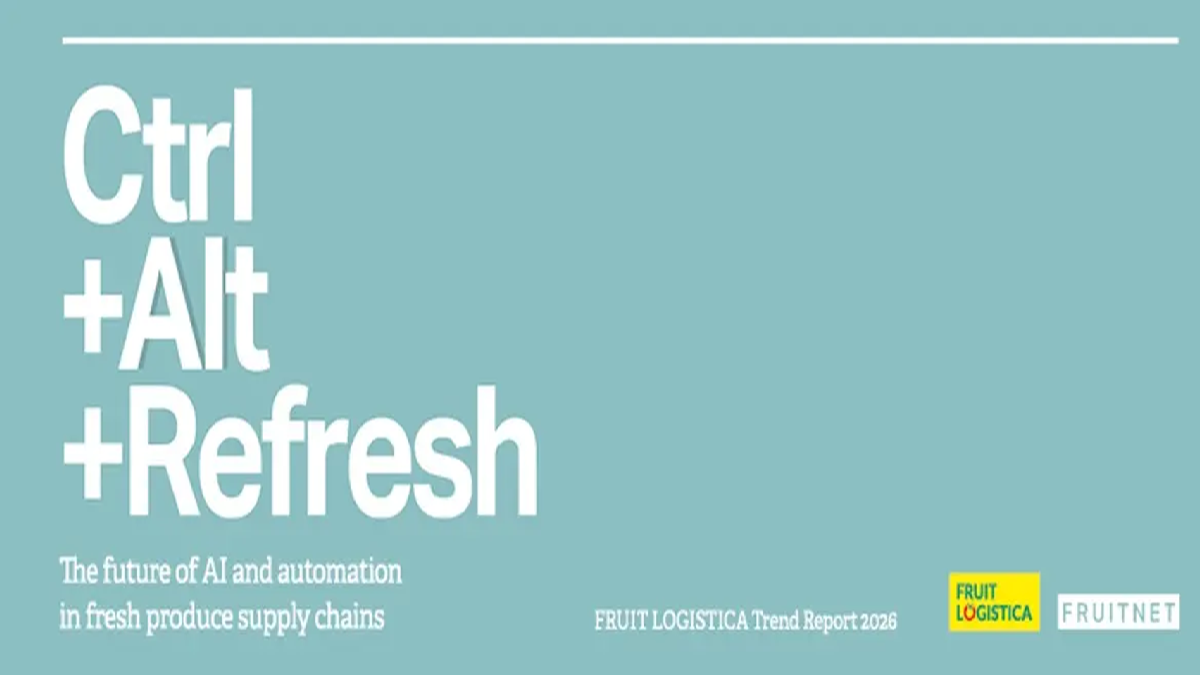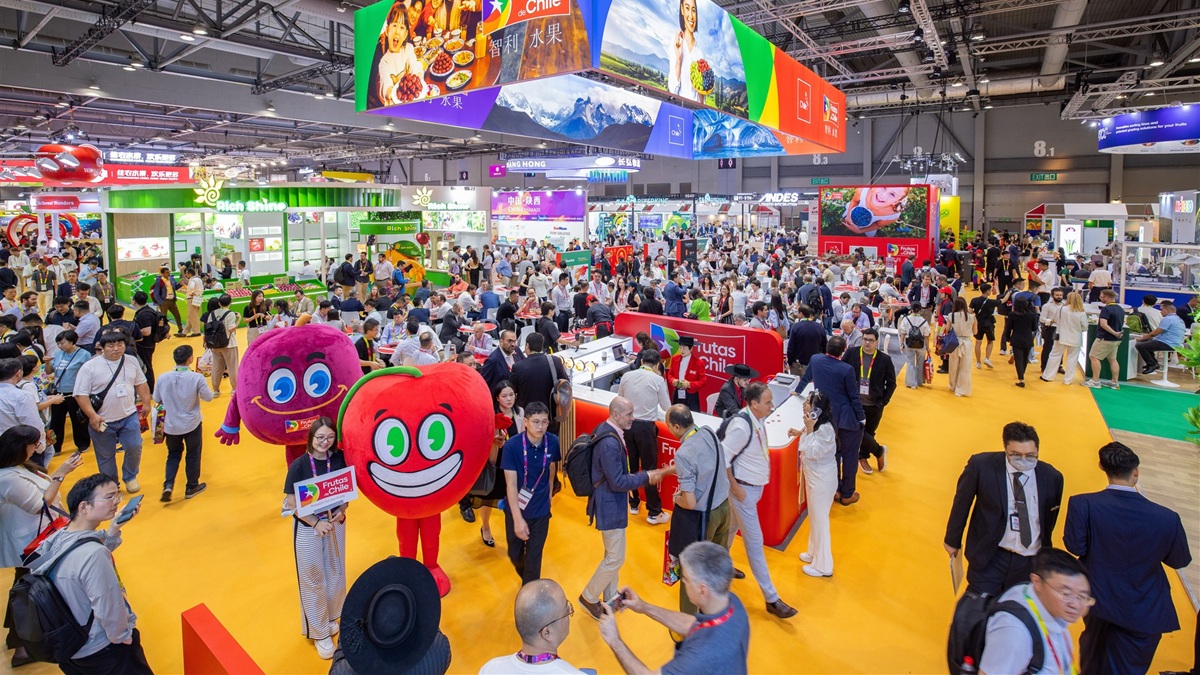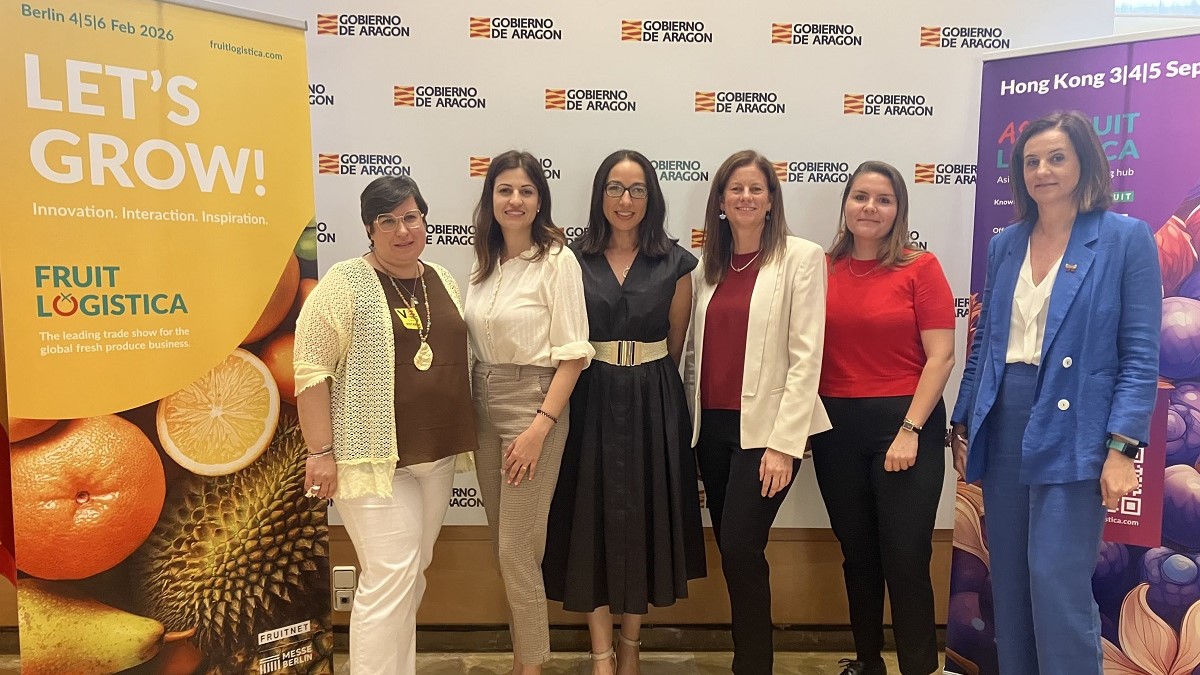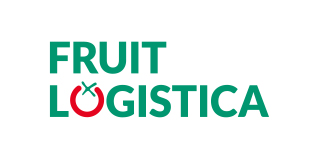

Fruit Logistica
Services
FRUIT LOGISTICA 2026: Precision Horticulture Takes Center Stage at the FRUTIC Scientific Symposium
Under the overarching theme “Science for Sustainable Fruit Production,” the sessions will highlight new research in robotics, imaging and postharvest technologies that is driving a smarter horticulture sector
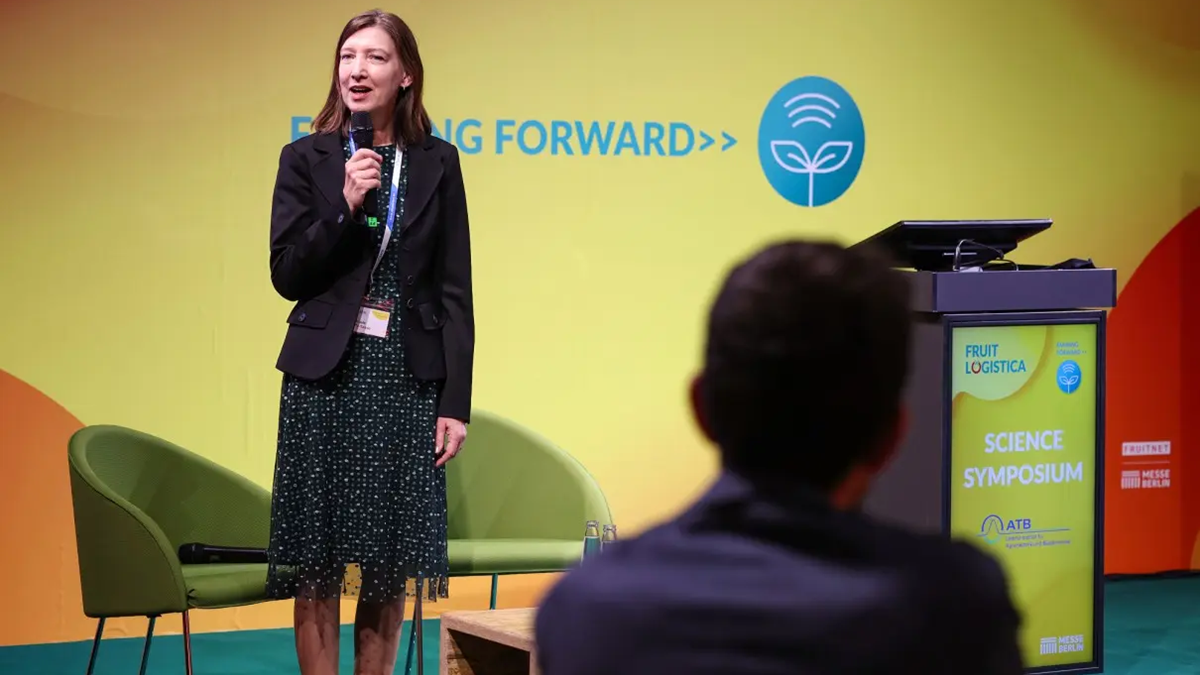
The future of fruit and vegetable production and postharvest management will take center stage at FRUIT LOGISTICA 2026 with the FRUTIC Scientific Symposium, to be held on 6 February 2026 from 10:00 to 14:30 on the Farming Forward stage.
Organized in collaboration with the Leibniz Institute for Agricultural Engineering and Bioeconomy (ATB), this year’s symposium will explore how robotics, imaging technologies, sensor networks and data-driven decision-making tools are transforming the global supply of horticultural produce.
Under the theme “Farming Forward: Science for Sustainable Fruit Production”, leading experts, researchers and network representatives will present groundbreaking advances and applied solutions designed to improve resource efficiency, climate-stress resilience and postharvest quality. The event will feature four thematic sessions, a series of poster presentations in pitch format, and opportunities for networking and collaboration between research and industry.
Session 1: Alliance for Fruit Growing, Viticulture and Vegetable Production
Moderated by Manuela Zude-Sasse (ATB, Germany)
This session presents new research alliances driving innovation in fruit production.
Henryk Flachowsky (JKI, Germany) will present new sensor-based methods for detecting flower bud development and water-stress tolerance.
Frederik Kurz (Laimburg Research Centre, Italy) will highlight AI-assisted pruning technologies, followed by Angelo Zanella (Laimburg Research Centre, Italy) on controlled-atmosphere storage, and Nico Tapia Zapata (ATB, Germany) on the effects of temperature on tomato shelf life.
Session 2: Hyperspectral Tools and Fruit Quality Prediction
Moderated by Reza Ehsani (University of California, Merced, USA)
This session focuses on the use of imaging and spectral sensors to optimize yield and quality.
George Manganaris (Cyprus University of Technology) explores how agrivoltaic and netting systems influence raspberry yield and quality. Atsushi Hashimoto (Mie University, Japan) presents image-based citrus growth monitoring. Norhashila Hashim (Universiti Putra Malaysia) analyzes hyperspectral and AI-integrated detection for mango disease prevention, and José Blasco (IVIA, Spain) examines hyperspectral prediction of loquat quality at harvest.
Session 3: FruitCREWS – Smart Irrigation and Water Management
Moderated by Brunella Morandi (University of Bologna, Italy)
This session presents findings from the FruitCREWS COST Action initiative, which promotes the use of sensing systems and decision-support tools in irrigation.
Pasquale Losciale (University of Bari “Aldo Moro”, Italy) presents sensor-based tree water status monitoring.
Martin Mészáros (Research and Breeding Institute Holovousy, Czech Republic) analyzes irrigation scheduling in fruit crops. Kathy Steppe (Ghent University, Belgium) presents sensor data interpretation using plant models, and Alon Ben-Gal (Volcani Institute, Israel) showcases decision-support tools for precision irrigation.
Session 4: Postharvest Technologies and Quality Optimization
Moderated by Helene Fotouo Makouate (ATB, Germany)
The final session explores digitalization and robotics to enhance postharvest quality.
Reza Ehsani (University of California, Merced) presents an autonomous robotic platform for leaf-level detection.
Amnon Lichter (Volcani Institute, Israel) introduces ethanol-based approaches to extend fruit shelf life.
Angelos Deltsidis (University of Georgia, USA) discusses NIR spectroscopy for peach maturity grading, and Tuany Hoffmann (ATB, Germany) presents SensorTwin, a multiparametric system for optimizing cold storage.
Presentations: Innovation in Action
Complementing the oral sessions, a brief presentation will showcase applied research from around the world, including cold storage management (Kompetenzzentrum Obstbau Bodensee, Germany), tree architecture (Plant & Food, New Zealand), automation of drip irrigation systems (Universiti Putra Malaysia), solar drying and ohmic heating technologies (Universiti Putra Malaysia), long-term chlorophyll fluorescence monitoring in apples (FRUIT-GUARD®, Fruit Advisory Service of the Altes Land, Germany), 3D imaging for digital quality tracking (ATB, Germany), and aerial pattern analysis with drones and variable-rate spraying systems (Polytechnic University of Catalonia, Spain; Shanghai Institute of Technology, China).
About Messe Berlin
For 200 years, Berlin has been a hub for trade fairs—and for decades, one of the most important in the world. As Germany’s national trade fair organizer, Messe Berlin designs, markets and hosts hundreds of live events every year. Its mission is to welcome visitors as an outstanding host, provide the strongest possible business momentum, and ensure fair conditions for all participants. This commitment is reflected in the company’s motto: Messe Berlin – Hosting the World.
A Platform for Collaboration and Innovation
By bringing together leading scientists, technology developers and industry stakeholders, the FRUTIC Scientific Symposium on the Farming Forward stage at FRUIT LOGISTICA 2026 offers a unique opportunity to exchange knowledge and foster partnerships for a more resilient, efficient and sustainable horticultural sector.


